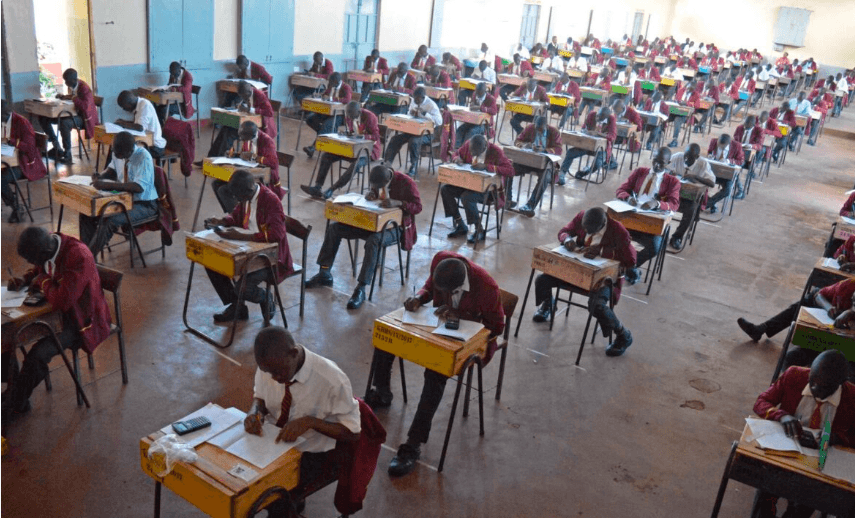The government has been urged to review and strengthen policies to protect the country's rich natural heritage from exploitation.
African Biodiversity Network and and Biodiversity and Biosafety Association of Kenya say there is an alarming rate of destruction and over-exploitation of sacred sites and natural forests.
Ngaatho community team leader Gathuru Mburu some of the affected ecosystems include, the Mau forests, Mt Kenya, Kakamega, Elgon and the Kayas heritage.
He spoke during a media engagement forum in Nairobi on bio-cultural conservation.
“The country is witnessing widespread theft and destruction of its bio-cultural resources and our rich biodiversity. It is imperative for the government to develop and implement policies that ensure their conservation and equitable benefit sharing in case of regulated usage," Mburu said.
"The current lack of a benefit-sharing policy leaves communities vulnerable to exploitation."
He said there is need for legal support and protection of communities, many of whom are unaware of the value of their resources.
“While some communities are knowledgeable and vocal about defending their resources, majority are not and require legal support and protection," Mburu said.
"Every Kenyan should be aware of and knowledgeable about the natural resources within their locality. These resources have the potential to transform local economies and sustain our cultural identity."
African Biodiversity Network general coordinator Dr Fassil Gebeyehu said there is need to demystify the concept of bio-cultural diversity.
He said it is important to protect genetic, species, ecosystem and cultural diversities.
“Protecting elements of cultural diversity, such as language, traditions, and indigenous knowledge, is crucial for a country like Kenya. With a rising youthful and urbanised population, many are becoming disconnected from their ancestral lands and cultural heritage,” Gebeyehu said.
He warned of cultural threats posed by urbanisation, adding that many young people no longer identify with the foods and traditions of their grandparents.
"Losing these cultural elements threaten our cultural values and environmental stewardship," Gebeyehu said.
The network called for the nurturing of a new generation of knowledge holders, primarily the elderly, to educate the youth on the importance of conserving biological and cultural diversity.
“This intergenerational transfer of knowledge is essential to mitigate the loss of these heritage to urbanisation,” he said.
Simon Mitambo, Founder-Society for Alternative Learning and Transformation said there is unprecedented loss of biodiversity.
“We need to integrate our cultural values into the protection of our biodiversity. We are losing a lot of diversity. Reports show that about a million plants and animals are being threatened by extinction. For example, when I was young, I would see a lot of butterflies but these days, I do not see some of them,” Mitambo said.
He said science should be integrated with indigenous knowledge systems.
“We have seen situations where we protect our diversity using science and also using our cultural values. This way, we get a better picture of conservation than where we use either one of them,” Mitambo said.
Diversity is everywhere, from food, seeds to cultures.
“When we diversify cultures from different communities, we have different ancestral wisdom coming from all this. So if we have a problem, we have a wide consultative platform to see how we can solve our problem,” he said.



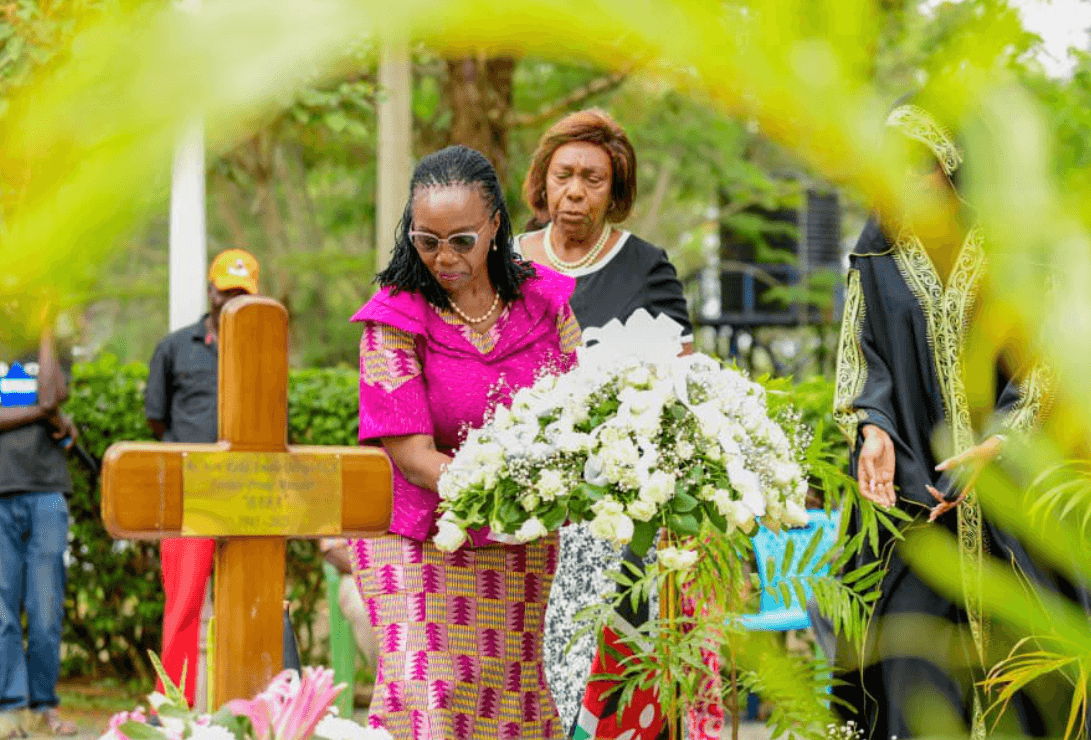
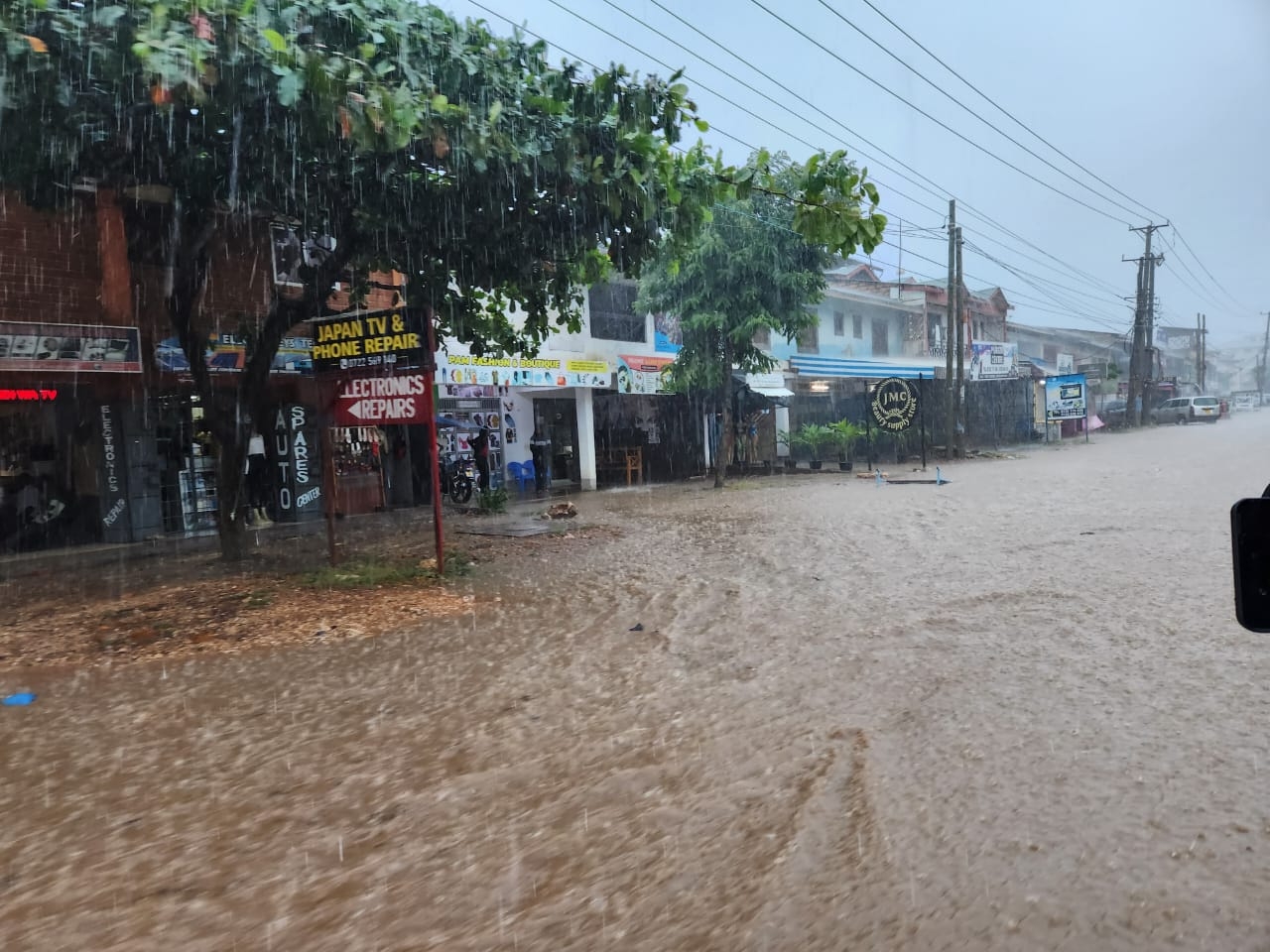

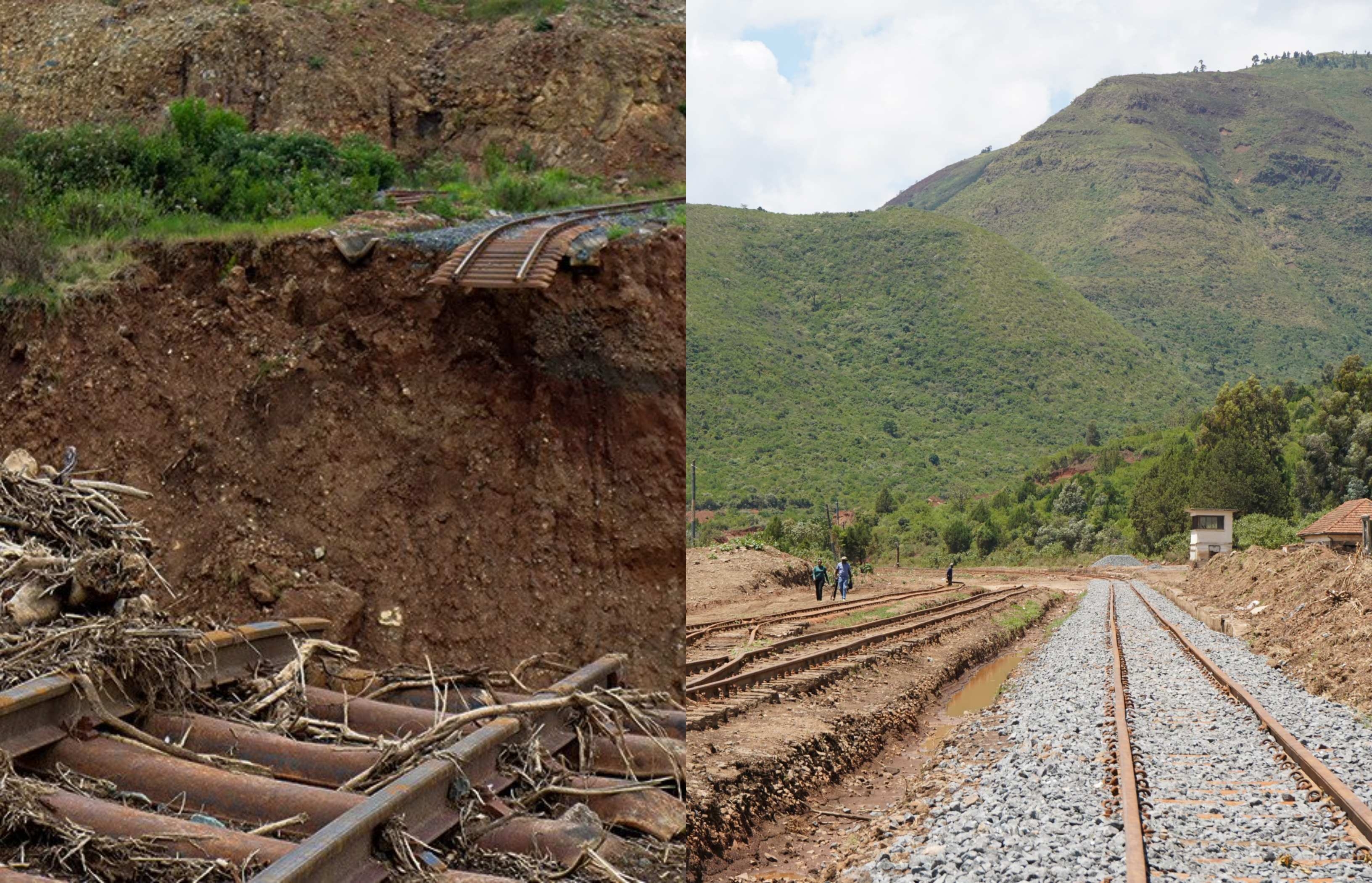

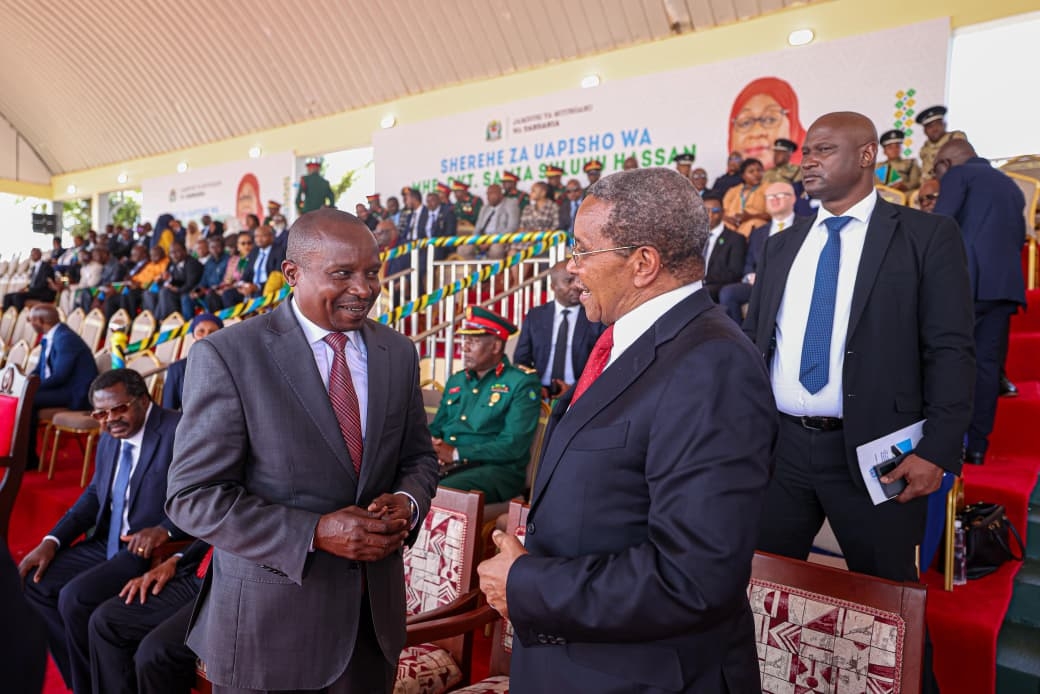
![[PHOTOS] How Suluhu’s swearing in went down](/_next/image?url=https%3A%2F%2Fcdn.radioafrica.digital%2Fimage%2F2025%2F11%2F9cbad8a5-9bff-410e-b157-a335c61d6d8d.jpg&w=3840&q=100)






